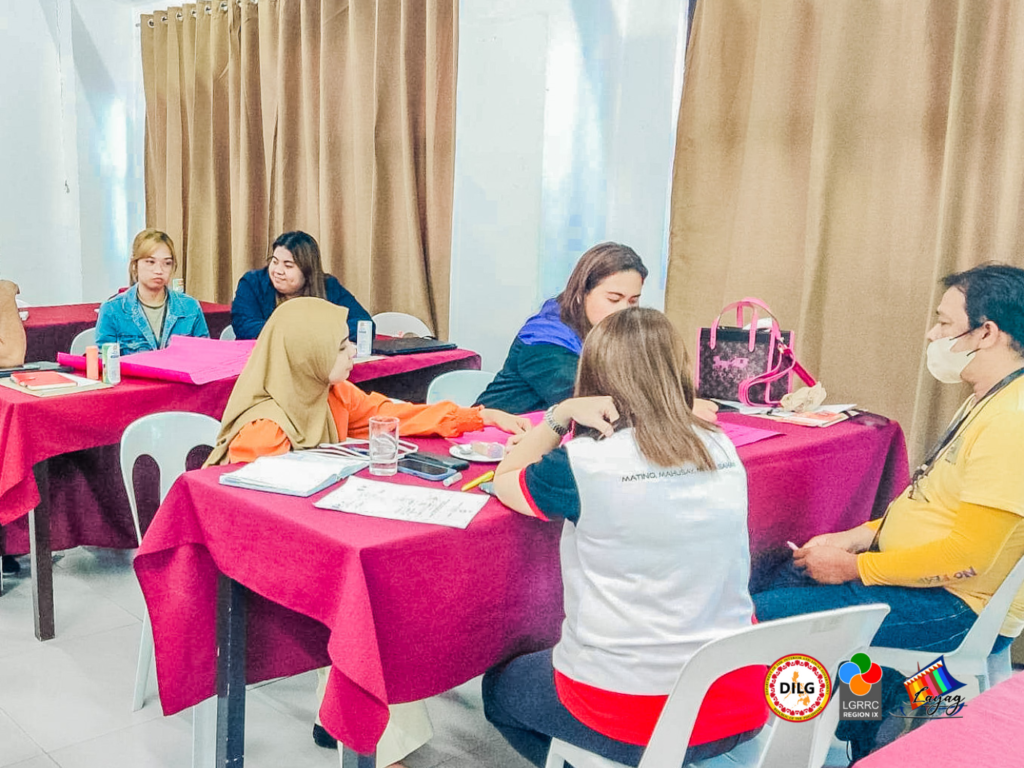

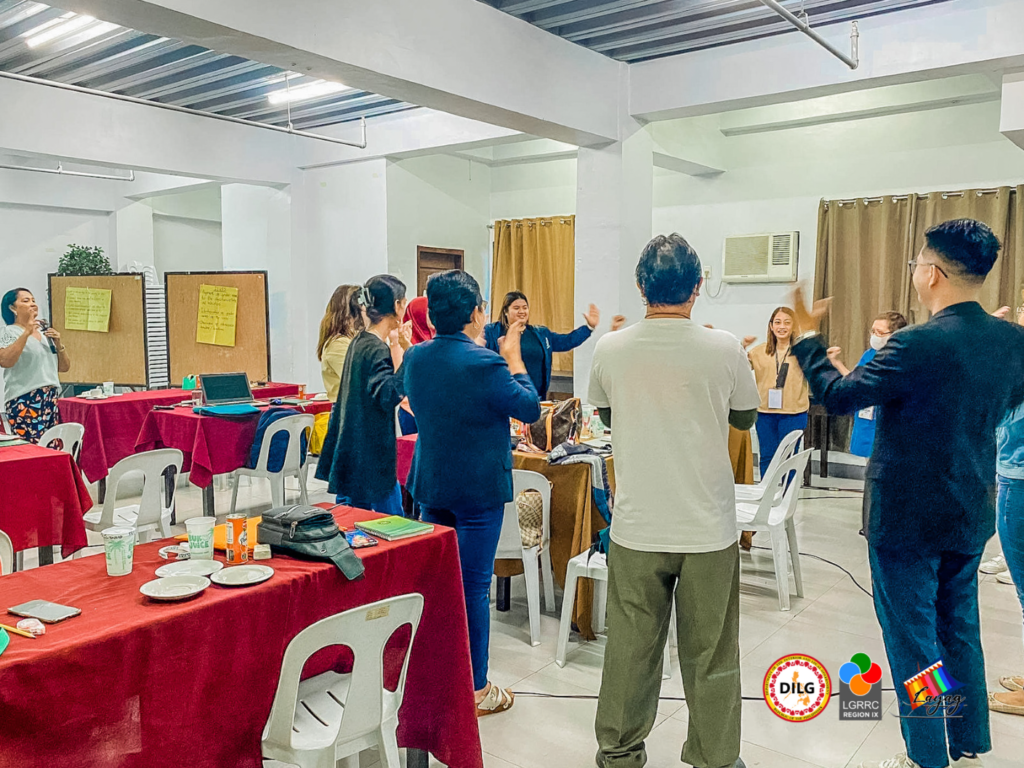
May 09-11, 2023 | The Department of the Interior and Local Government (DILG) IX has been unwavering in its pursuit of promoting gender and development within the organization. In line with this, the GAD Focal Point System (GFPS) has taken initiative by organizing a three-day Training-Workshop on GAD Plan and Budget Formulation and Utilization of Gender Analysis Tools, which took place at Hotel Guillermo, Pagadian City.
The gathering aimed to equip the DILG IX Provincial and City GAD Focal Persons with a comprehensive understanding of Gender and Development (GAD), inspire them to integrate gender analysis tools, and enhance their knowledge of GAD Plan and Budget Formulation.
DILG IX has been zealously advocating for gender and development within their organization and in local government units. The GFPS has been organizing enriching capacity building activities for their Field Personnel, as well as Local Government Units (LGUs), to ensure that gender perspectives are infused into the creation and execution of all programs, projects, and activities (PPAs) of the Department.
Marione Paul V. Paner, the Assistant Division Chief of DILG IX – Local Government Capacity Development Division, opened the training-workshop by placing utmost emphasis on the crucial nature of gender mainstreaming in all aspects of development. Moreover, he elucidated the activity’s essence, accentuating the weighty significance of GAD Plan and Budget Formulation, along with the deployment of gender analysis tools.
Rosalyn R. Echem, the Internal Vice President of the Local Council of Women in Zamboanga City, took on the role of being the knowledge provider during the training-workshop. She generously imparted her wisdom and hands-on experiences in GAD, expertly guiding the participants through insightful discussions on the application of gender analysis tools and the development of GAD Plans and Budgets.
Upon conclusion of the training-workshop, the attendees conveyed their heartfelt appreciation for the chance to amplify their understanding of GAD Plan and Budget Formulation, as well as the application of gender analysis tools. Moreover, they pledged to put their newly acquired knowledge into action in their respective LGUs, and to consistently advocate for gender mainstreaming in every aspect of development.
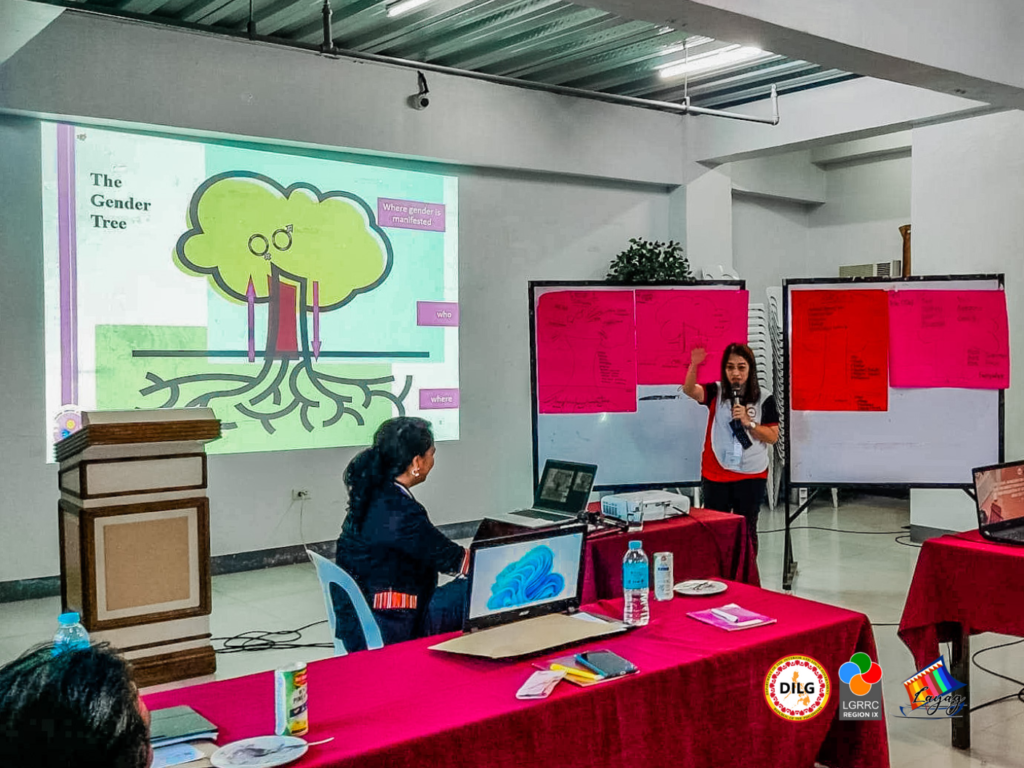

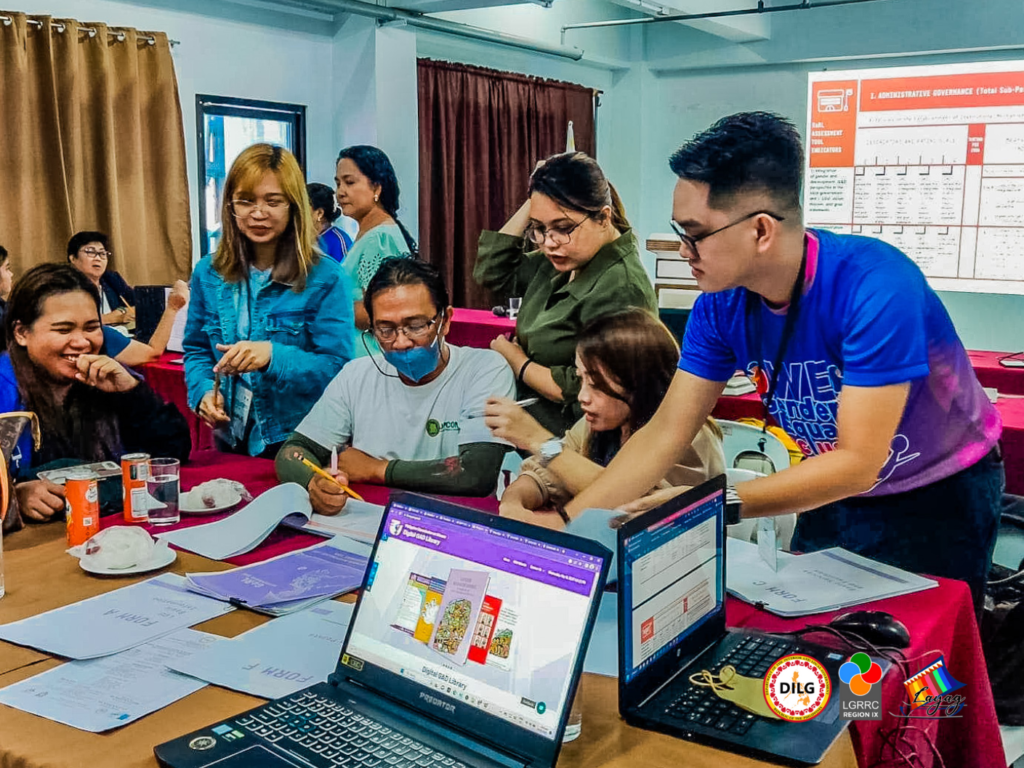

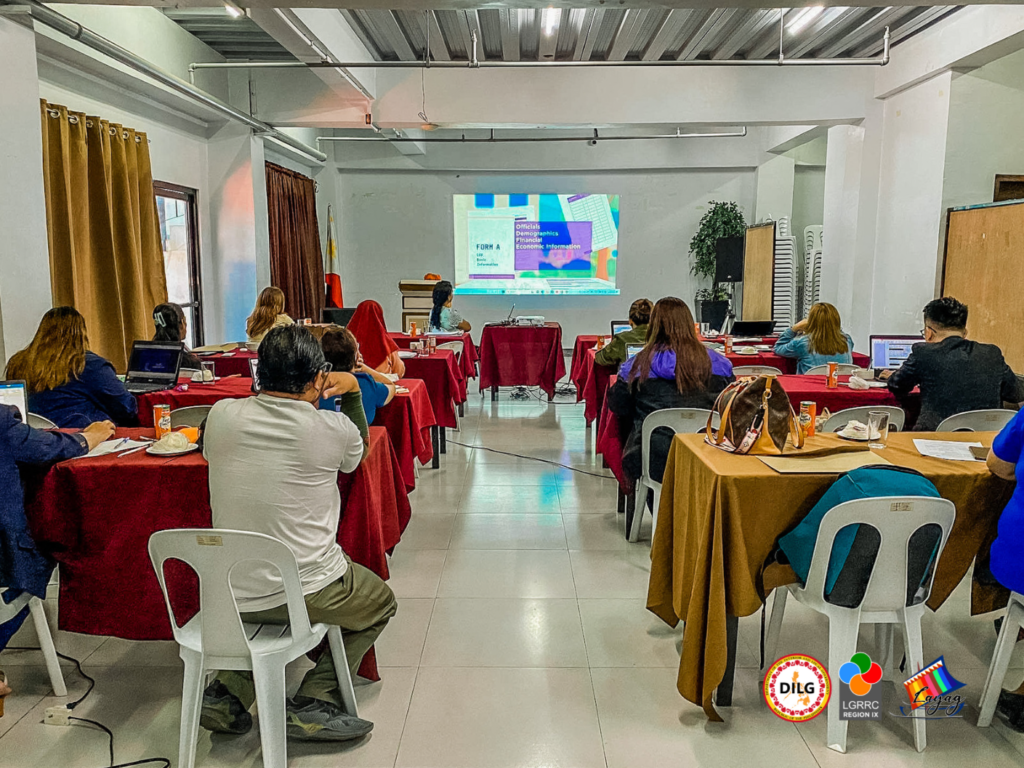
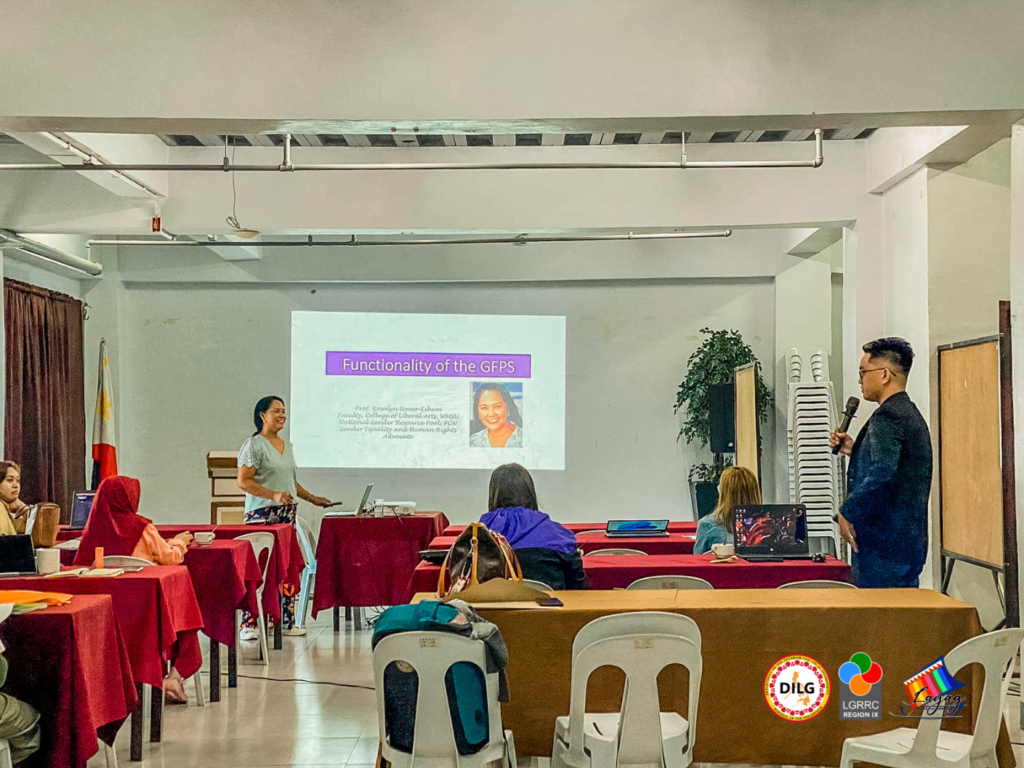

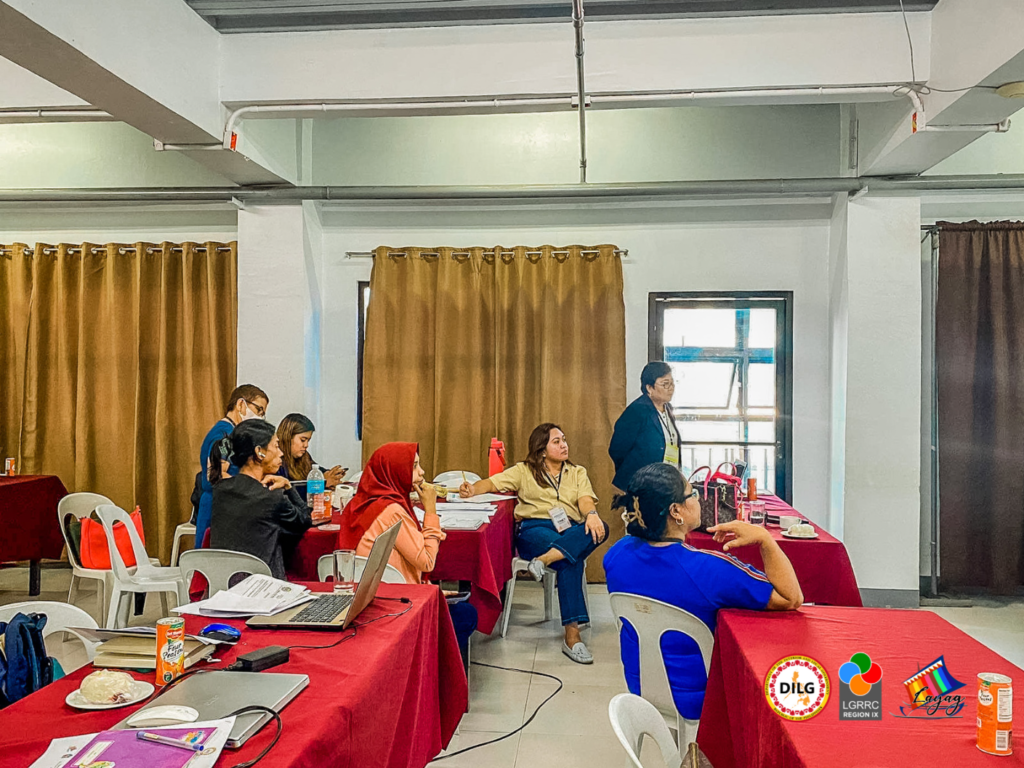
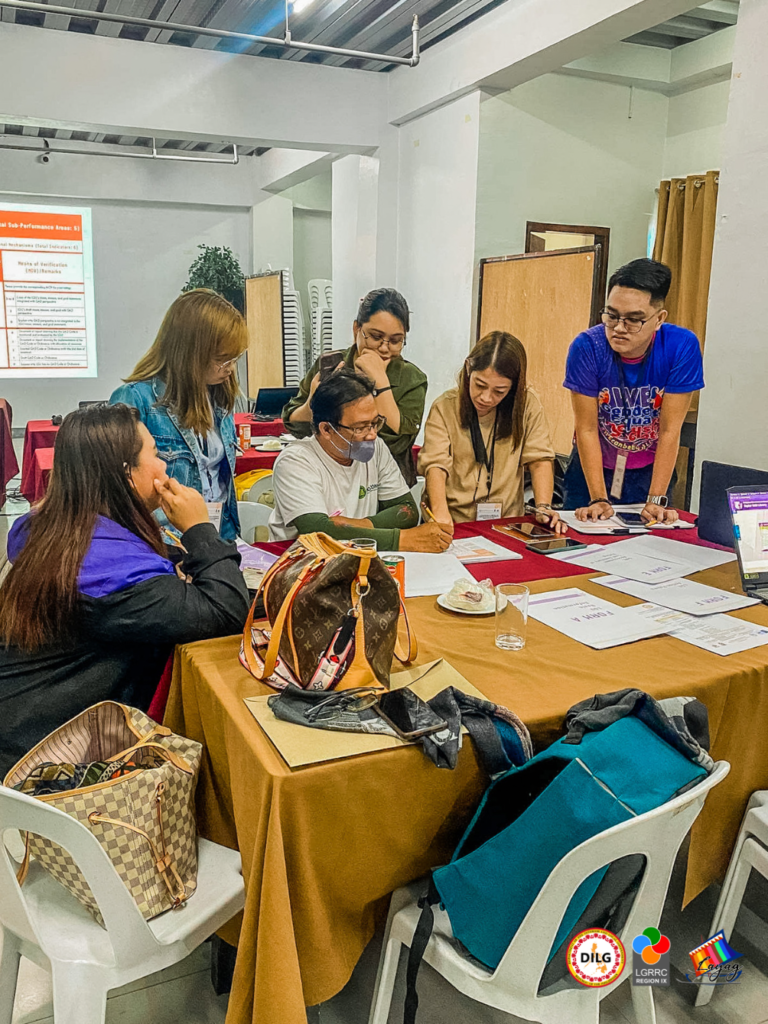



 View All Videos
View All Videos